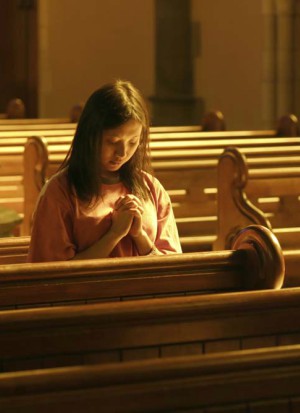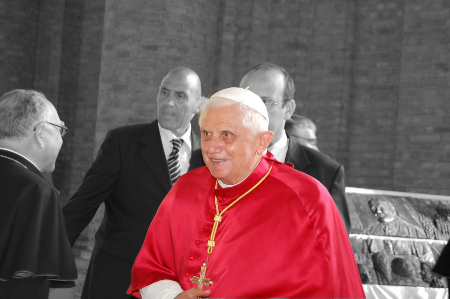We ask you, humbly: don't scroll away.
Hi readers, it seems you use Catholic Online a lot; that's great! It's a little awkward to ask, but we need your help. If you have already donated, we sincerely thank you. We're not salespeople, but we depend on donations averaging $14.76 and fewer than 1% of readers give. If you donate just $5.00, the price of your coffee, Catholic Online School could keep thriving. Thank you.Help Now >
Tacana Indians
FREE Catholic Classes
The collective designation for a group of tribes constituting the Tacanan linguistic stock in different dialects, occupying the upper valleys of the Beni and Madre de Dios Rivers, on the eastern slope of the Andes, Department of Beni, north-western Bolivia. The group includes: the Tacana proper, the Isiamo, the Cavina, and the Aten or Leco, all missionized by the Franciscan Fathers of the College of Ocopa, Peru, about the end of the eighteenth century; the still uncivilized Toromona and Araume and several others; and the more remote Sapibocona of the Moxos mission farther to the south. In 1832 the five Tacana missions contained 5304 Christian Indians, while the wild Toromona were estimated at 1000 more. In 1852 the traveller Weddell spent some time at the mission of Guanay and has given us a good description of the Indians as he found them. In 1883 Heath reports them as greatly reduced, the 1000 Cavina of 1832 having dwindled to 70 souls. Like their neighbours, the Mozetena and Yurucare, the Tacana are noted for their light complexion, fine features, and tall stature, averaging over five and a half feet. Of their language, which is extremely guttural and jerky in pronunciation, we have vocabularies by Heath and Weddell, besides a small devotional publication. In their primitive condition they subsisted, and still do, by agriculture, hunting, and fishing, went naked except for feather decorations on dance occasions, and lived in small communities subject to petty chiefs. Some of their tribes were reputed cannibals. The civilized Tacana wear as their principal garment a sleeveless shirt or chemise, keeping the head and feet bare. They are expert at weaving and the making of straw hats, but are not industrious beyond their immediate needs.
We ask you, humbly: don't scroll away.
Hi readers, it seems you use Catholic Online a lot; that's great! It's a little awkward to ask, but we need your help. If you have already donated, we sincerely thank you. We're not salespeople, but we depend on donations averaging $14.76 and fewer than 1% of readers give. If you donate just $5.00, the price of your coffee, Catholic Online School could keep thriving. Thank you.Help Now >
We ask you, humbly: don't scroll away.
Hi readers, it seems you use Catholic Online a lot; that's great! It's a little awkward to ask, but we need your help. If you have already donated, we sincerely thank you. We're not salespeople, but we depend on donations averaging $14.76 and fewer than 1% of readers give. If you donate just $5.00, the price of your coffee, Catholic Online School could keep thriving. Thank you.Help Now >







 Daily Readings for Thursday, April 18, 2024
Daily Readings for Thursday, April 18, 2024 St. Apollonius the Apologist: Saint of the Day for Thursday, April 18, 2024
St. Apollonius the Apologist: Saint of the Day for Thursday, April 18, 2024 Aspiration: Prayer of the Day for Thursday, April 18, 2024
Aspiration: Prayer of the Day for Thursday, April 18, 2024


